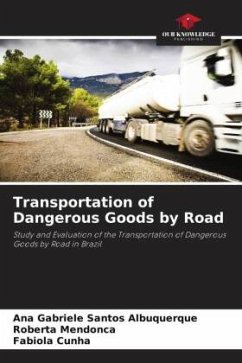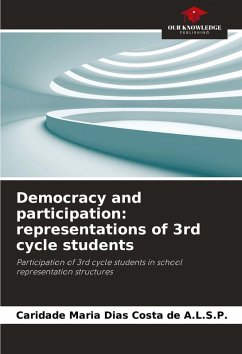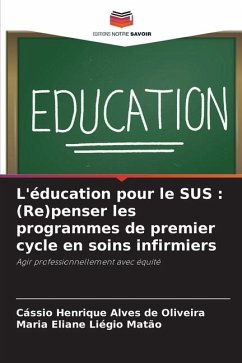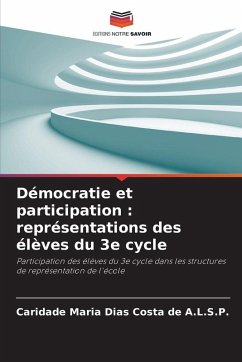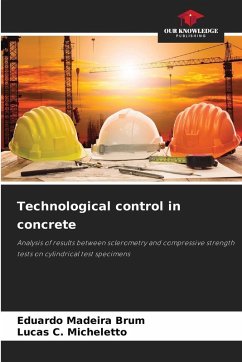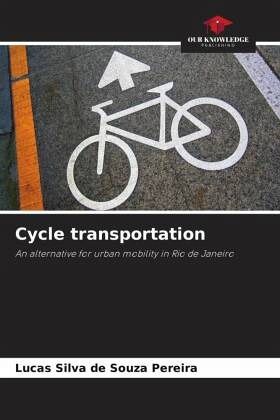
Cycle transportation
An alternative for urban mobility in Rio de Janeiro
Versandkostenfrei!
Versandfertig in 6-10 Tagen
16,99 €
inkl. MwSt.

PAYBACK Punkte
8 °P sammeln!
Urban mobility can be understood as the condition in which individuals move between places in the urban space. At this juncture, mobility needs to accompany the development of cities, with transport accessibility and access for the entire population throughout the urban environment. The growing number of cars and consequent congestion, pollution, traffic accidents and the poor quality of public transport are some of the main factors in the difficulty of having good urban mobility. One alternative for urban mobility is cycling, which is little used, despite being cheap and clean. Its integratio...
Urban mobility can be understood as the condition in which individuals move between places in the urban space. At this juncture, mobility needs to accompany the development of cities, with transport accessibility and access for the entire population throughout the urban environment. The growing number of cars and consequent congestion, pollution, traffic accidents and the poor quality of public transport are some of the main factors in the difficulty of having good urban mobility. One alternative for urban mobility is cycling, which is little used, despite being cheap and clean. Its integration with other forms of mass transportation is an innovation in urban mobility and a step towards Brazil's entry into the first world countries. The aim of this work is to analyze urban mobility in the city of Rio de Janeiro, in order to verify cycling as an alternative for urban commuting, pointing out the main benefits and challenges to be overcome. To this end, questionnaires will be used to understand the behavior of Rio's cyclists and materials such as articles, plans and laws.



